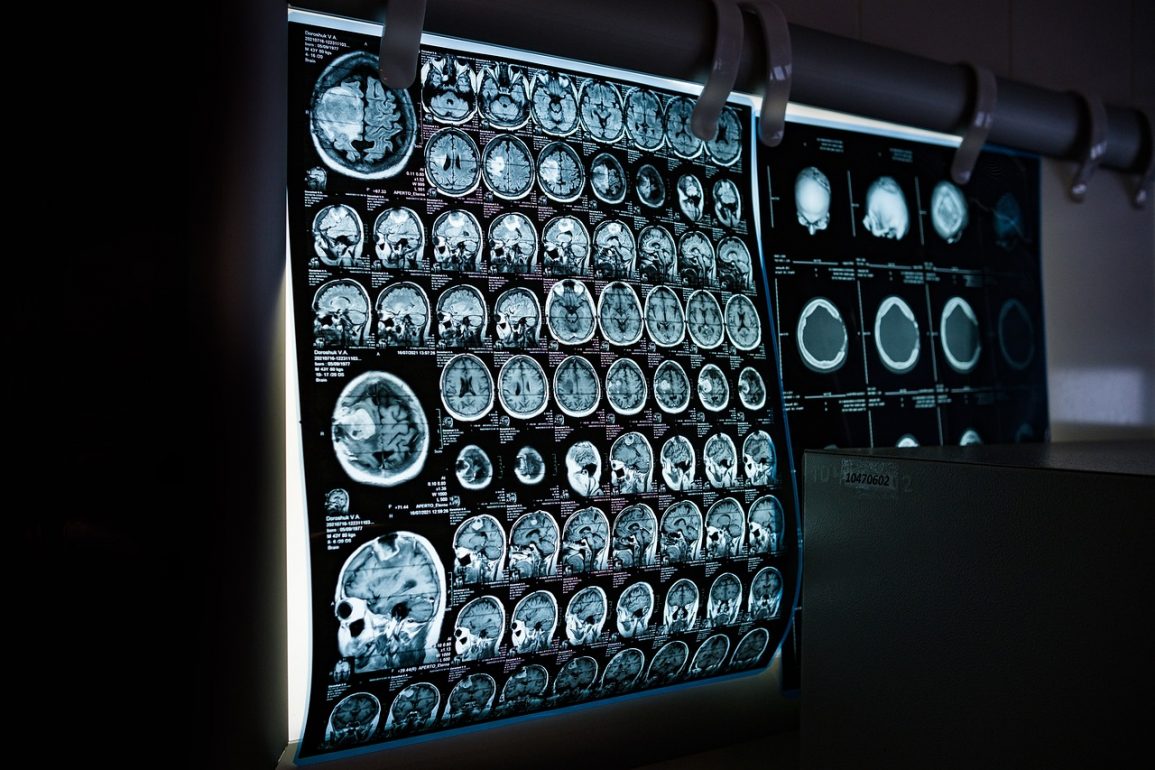What does a cardiac CT scan involve – A CT scan, otherwise known as a computerised tomography scan, is a medical procedure that uses a combination of X-rays and computers to generate detailed images of a cross-section of the human body.
CT scans can be used as a diagnostic method, they can detect anything from broken bones, strokes, or cancer. A cardiac CT scan is used to check for heart disease or other heart issues. If you’ve been booked in for a cardiac CT scan and you’re wondering what to expect, check out this guide to get an idea of what might happen. Keep reading to find out more.
Preparation
Unlike before surgery, you can eat and take prescribed medications as normal before a CT scan. However, you should refrain from smoking or ingesting any caffeine for at least four hours before your scan.
As CT scans use X-rays, you should not have one if you are pregnant or currently undergoing radiation therapy. Sometimes, you may be injected with a dye that helps the specialists assess your images. This dye can affect the kidneys and the airways, so you shouldn’t have it if you suffer from kidney problems or asthma.
What happens during a CT scan?
A CT scanner is a rotating ring with a hole in the middle. You will lie flat on your back in the middle of this ring, while it rotates around you and generates images. As the scan is taking place, a radiologist will be in an adjacent room monitoring the procedure, you will be able to communicate with them via an intercom.
During the scan, you will be asked to lie perfectly still so they can get the clearest possible images. You may be asked to breathe in, breathe out, or hold your breath, depending on what part of the body is currently being scanned.
If you’re having a cardiac CT scan, you may be given medication to take that slows your heart rate. This will allow the scanner to generate more detailed and higher-quality images of the heart.
CT scans are relatively short procedures, they usually don’t take longer than approximately 20 minutes.
How will I feel after the scan?
A CT scan shouldn’t produce any side effects. You’ll be allowed to leave and go home shortly after the scan is finished and will be free to drive yourself after the procedure. If you have received a dye injection, you may be asked to wait in the hospital for up to an hour. This is so they can monitor you in case you have a delayed reaction to the dye. However, this is rare, and most people handle the dye with no problems at all.
Conclusion
It can be easy to worry when your doctor books you in for a medical test. While the thought of potential results can cause severe anxiety, the thought of an uncomfortable, invasive test can plague people’s minds as well. Thankfully, CT scans are relatively straightforward and complication-free procedures.
Poppy Watt


